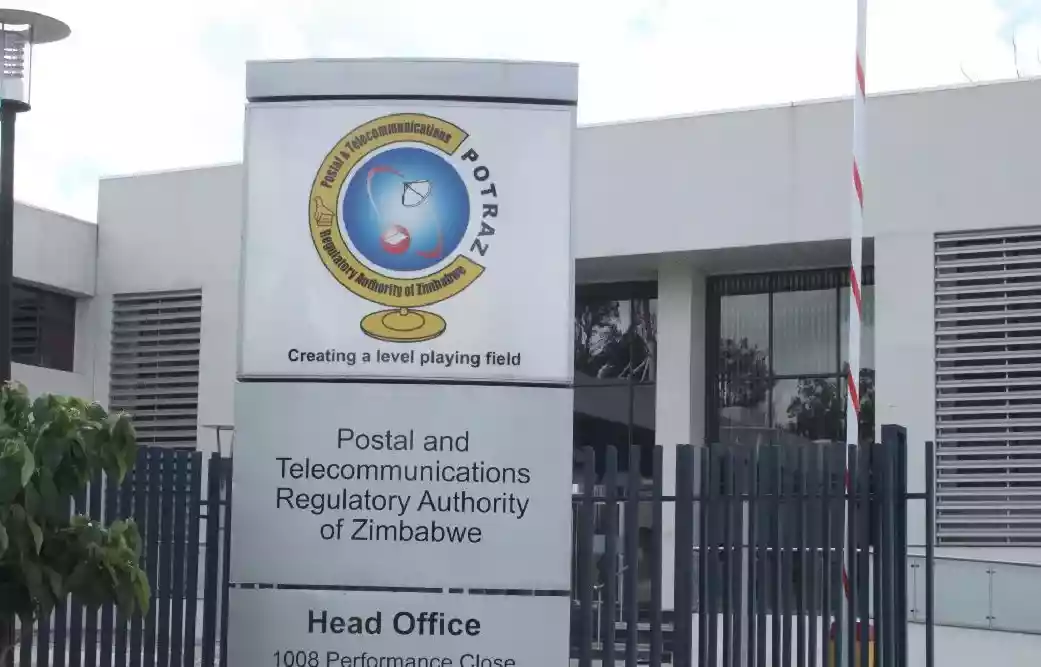
THE Postal and Telecommunications Regulatory Authority of Zimbabwe (Potraz) says unless inflation-driven costs are addressed for mobile operators, their profits will continue to diminish.
According to the regulator, the hyperinflationary environment that prevailed last year significantly eroded profits for mobile operators.
The Reserve Bank of Zimbabwe on April 5 introduced a new currency, the Zimbabwe Gold (ZiG).
In its 2023 annual report, Potraz said the performance was worrying. It called for consistent alignment of service charges to the increasing cost of service provision.
“The hyperinflationary environment that prevailed in 2023 posed significant challenges across the sector. This resulted in significant increases in the cost of providing services. Revenue to cost ratios diminished for most operators, which is a signal for diminishing profitability across the sector,” Gift Machengete, director-general at Potraz, said in a statement.
“This is a worrying situation, which calls for consistent alignment of service charges to the increasing cost of service provision. Unless this problem is addressed, profitability will continue to diminish with implications on sector investment, innovation, and development.”
He said as the country urgently required new long-term evolution (LTE) base stations, mobile operators needed to remain profitable.
Potraz reported that total postal and telecoms sector revenue last year amounted to ZW$4 trillion (US$655,2 million), from ZW$428,7 billion (US$6,26 million) recorded in 2022.
- Harvest hay to prevent veldfires: Ema
- Public relations: How artificial intelligence is changing the face of PR
- Queen Lozikeyi singer preaches peace
- Public relations: How artificial intelligence is changing the face of PR
Keep Reading
Comparatively, total postal and telecoms operating costs amounted to ZW$2,5 trillion (US$609,5 million) last year, up from ZW$278,1 billion (US$406,38 million) in 2022.
The Potraz boss said telecoms capital expenditure totalled ZW$314,8 billion (US$51,6 million) in 2023, from ZW$28,3 billion (US$41,35 million) recorded in 2022.
This showed that mobile operators are not generating enough profit to cover capital costs.
“The capital expenditure was mainly on long-term evolution deployments and network upgrades,” Machengete said.
However, he said demand for internet or data was expected to grow as the authority projected the usage of mainly the Netflix, Facebook and TikTok applications to significantly rise in 2024.
“Progress for the sector will also depend on the extent to which operators adopt newer technologies such as Artificial Intelligence (Al) for strategic decision-making, including predictive analytics, advanced cybersecurity, and automated customer service to improve efficiency, security, and innovation in managing their networks,” Machengete said.
“On its part, the regulator will continue to pursue the principle of technological neutrality in its licencing processes as well as foster infrastructure sharing aimed at increasing competition and innovation. For the postal sector, there is need to foster adoption and promotion of e-commerce to boost parcel and courier volumes.”
Last year, the sector recorded a 50,7% increase in internet and data usage to reach 171,21 Petabytes, from 113 Pbs recorded in the previous year.
Meanwhile, total voice traffic also increased by 11,4% to record 11,7 billion minutes in 2023, from 10,5 billion minutes recorded in the prior year.






